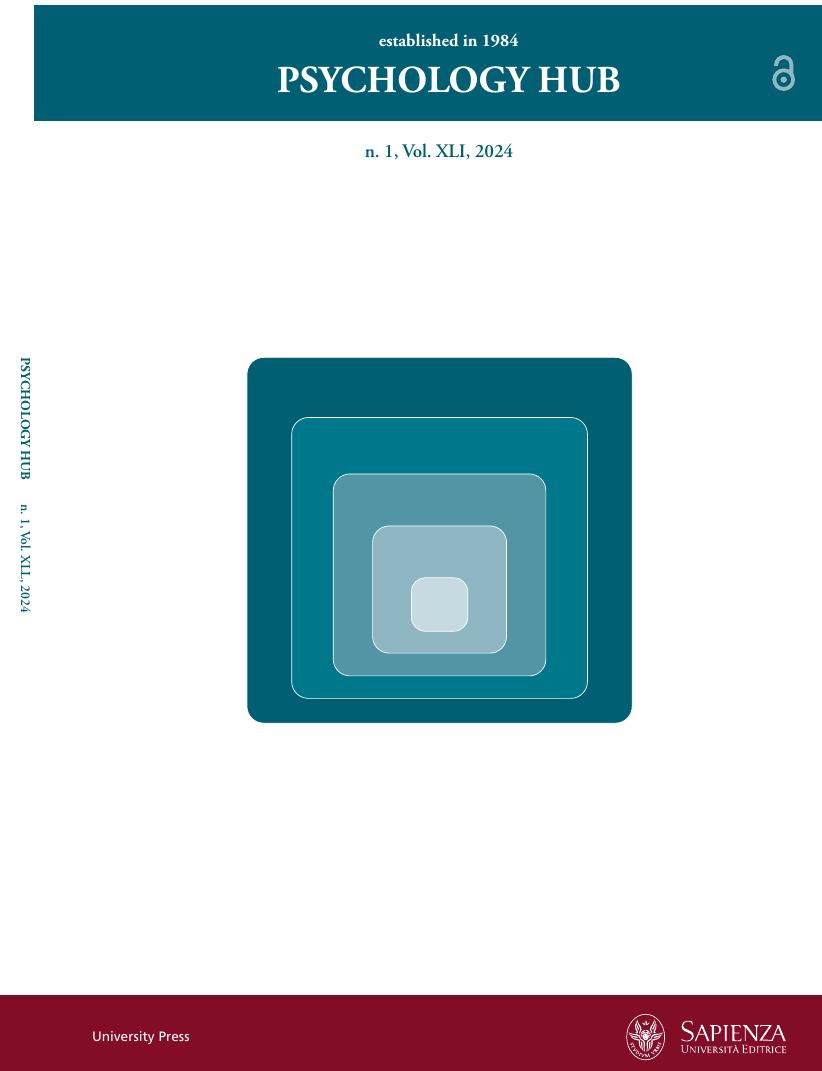Why people think they procrastinate? A study on adults from Buenos Aires with the General Procrastination Scale
DOI:
https://doi.org/10.13133/2724-2943/18330Keywords:
trait procrastination, GPS, individual differences, ArgentinaAbstract
Procrastination is a common behavior involving the deliberate postponement of tasks, even when one foresees negative consequences. This behavior is also influenced by a person's mindset and beliefs, including views on success, failure, self-worth, instant gratification, and task importance. The aim of this study was to adapt and validate the General Procrastination Scale (GPS) to Argentinean population and explore the primary reasons people believe lead to procrastination. A total of 276 adults (52% females, 45% males, and 3% non-binary) (Mage = 32.64, SD = 11.34) took part in an online questionnaire-based study. A series of Confirmatory factor analysis resulted in a good fit for a single-factor model (χ2/df = 1.58, CFI = 0.98, TLI = 0.98, RMSEA [CI 95%] = 0.05 [0.04, 0.06], SRMR = 0.07) with an adequate internal consistency (Omega = 0.88 [95% CI = 0.86, 0.90], Cronbach´s α = 0.89). Chi-square tests revealed significant associations between demographic data and procrastination reasons. Additionally, trait procrastination was higher in participants that agreed on feeling overwhelmed, fearing of failure and unpreparedness, poor time management skills, boredom and lack of motivation as reason to procrastinate. These findings have relevant practical implications, particularly in assessing trait procrastination. Exploring the reasons behind task delay enhances our understanding of the causes, offering valuable insights for developing effective interventions and treatments tailored to individual needs.
Additional Files
Published
How to Cite
Issue
Section
License
Copyright (c) 2024 Psychology Hub

This work is licensed under a Creative Commons Attribution-NonCommercial-ShareAlike 4.0 International License.





